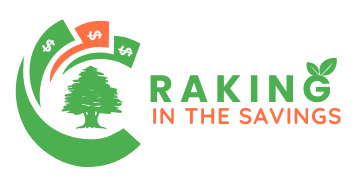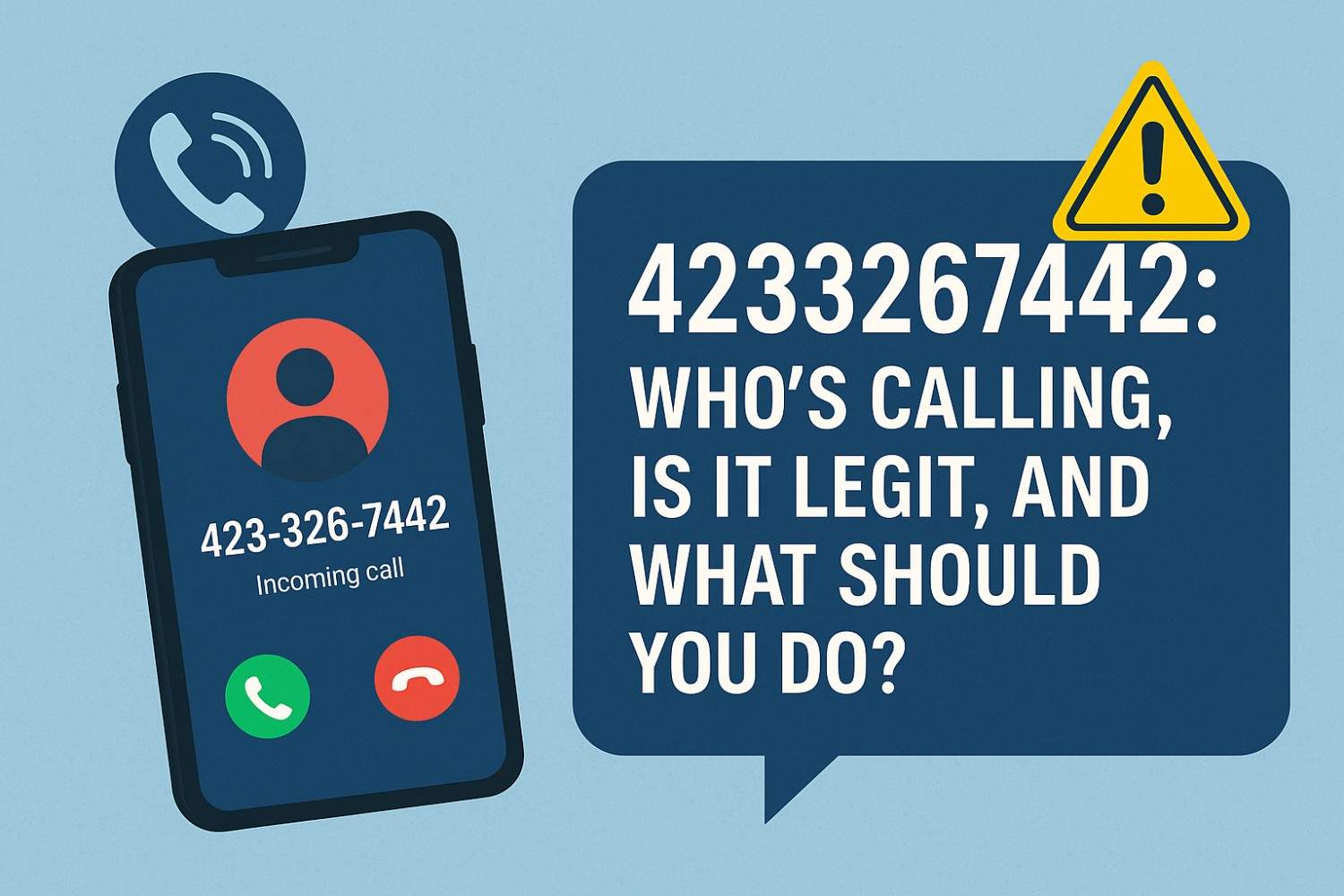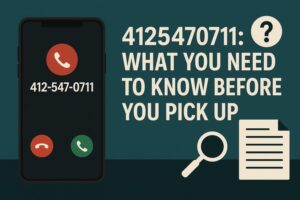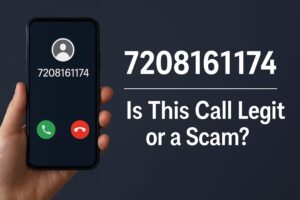If 4233267442 popped up on your screen, you’re likely asking: who is this, is it safe to answer, and how do I stop calls like this? Numbers starting with 423 usually point to East Tennessee (think Chattanooga, Johnson City, Kingsport), but thanks to caller-ID spoofing, location alone doesn’t prove anything. Below I’ll explain what we can verify about this number, how 423 area code works, warning signs to watch for, and exact steps to protect yourself.
What do we actually know about 4233267442?
Reverse-lookup directories list (423) 326-7442 as associated with Chattanooga, TN, but show little recent community feedback and very old “last seen” activity (e.g., 2014), which suggests there isn’t current, trustworthy user reporting tied to the line. In short: there’s no reliable, recent owner identity publicly available, and any current calls from this number could be spoofed.
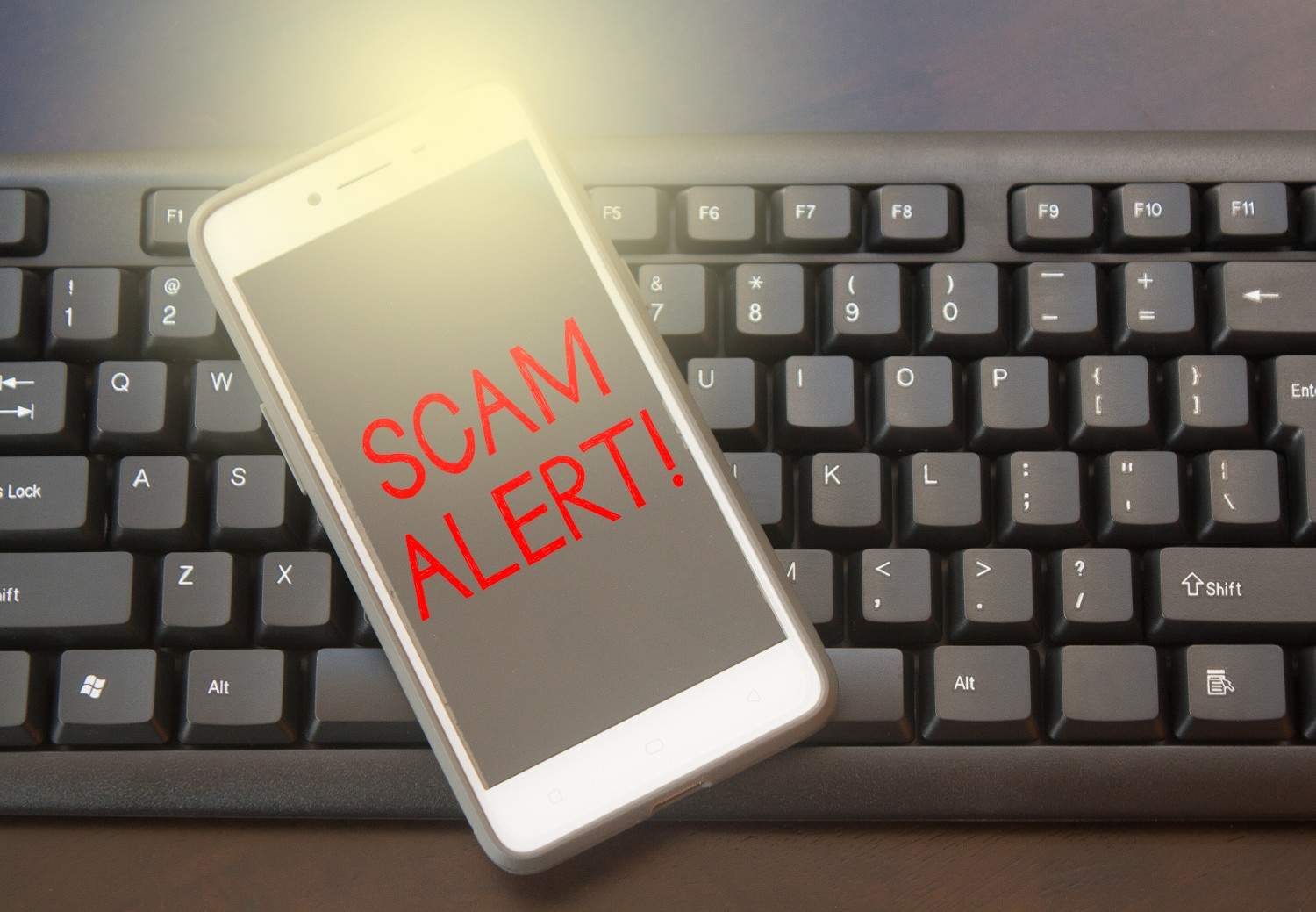
Where is area code 423—and why does it matter?
Area code 423 covers two East Tennessee regions, including Chattanooga and the Tri-Cities (Kingsport, Johnson City, Bristol). It was split off in the 1990s and now shares an overlay with the new 729 area code; ten-digit dialing became mandatory in 2025. This explains why you might see unfamiliar 423/729 combinations and still be receiving local-looking calls. Local-looking ≠ legitimate, though—spoofing is common.
Is 4233267442 a scam number?
There’s no definitive public evidence that 4233267442 is tied to a specific scam or business. However, behavior matters more than a single number. The FTC and FCC warn that many unwanted or illegal calls appear to come from your own state or nearby area codes precisely to boost answer rates—classic caller-ID spoofing. If a caller pushes urgency, asks for personal/financial data, or demands payment via gift cards/wires, treat it as a red flag.
What is 4233267442 most likely? (Patterns to consider)
- Spoofed local call: Scammers often spoof numbers with your state/neighboring area codes (like 423) so you’ll pick up.
- Low-signal directory footprint: Limited, dated logs around (423) 326-7442 mean even if you’ve recently seen it, today’s caller could be unrelated to any historic owner.
- Legit but mis-dialed/short-term campaign: Some legitimate businesses rotate caller IDs; still, they won’t demand sensitive data or pressure you to pay during the call.
How to verify calls from 423 area code (fast, safe checks)
- Don’t answer unknown calls; let voicemail work. Real organizations leave traceable details.
- If you answered, don’t share data. Never give SSN, OTPs, bank/card info, or insurance details. Hang up and call the official number on the entity’s website.
- Run a reverse lookup and compare. Use a couple of reputable directories and look for patterns (business name consistency, recent reports). Lack of consensus = caution.
- Report and block. File complaints and use your carrier/phone’s call-blocking and labeling features.
4233267442: What the 423/729 overlay means for you
Because the 729 overlay now serves the same Tennessee region as 423, you’ll increasingly see unfamiliar combinations—and ten-digit dialing is mandatory. That change alone leads to more “unknown local” calls showing up. Treat new 423/729 numbers neutrally until verified; legitimacy isn’t decided by the area code.
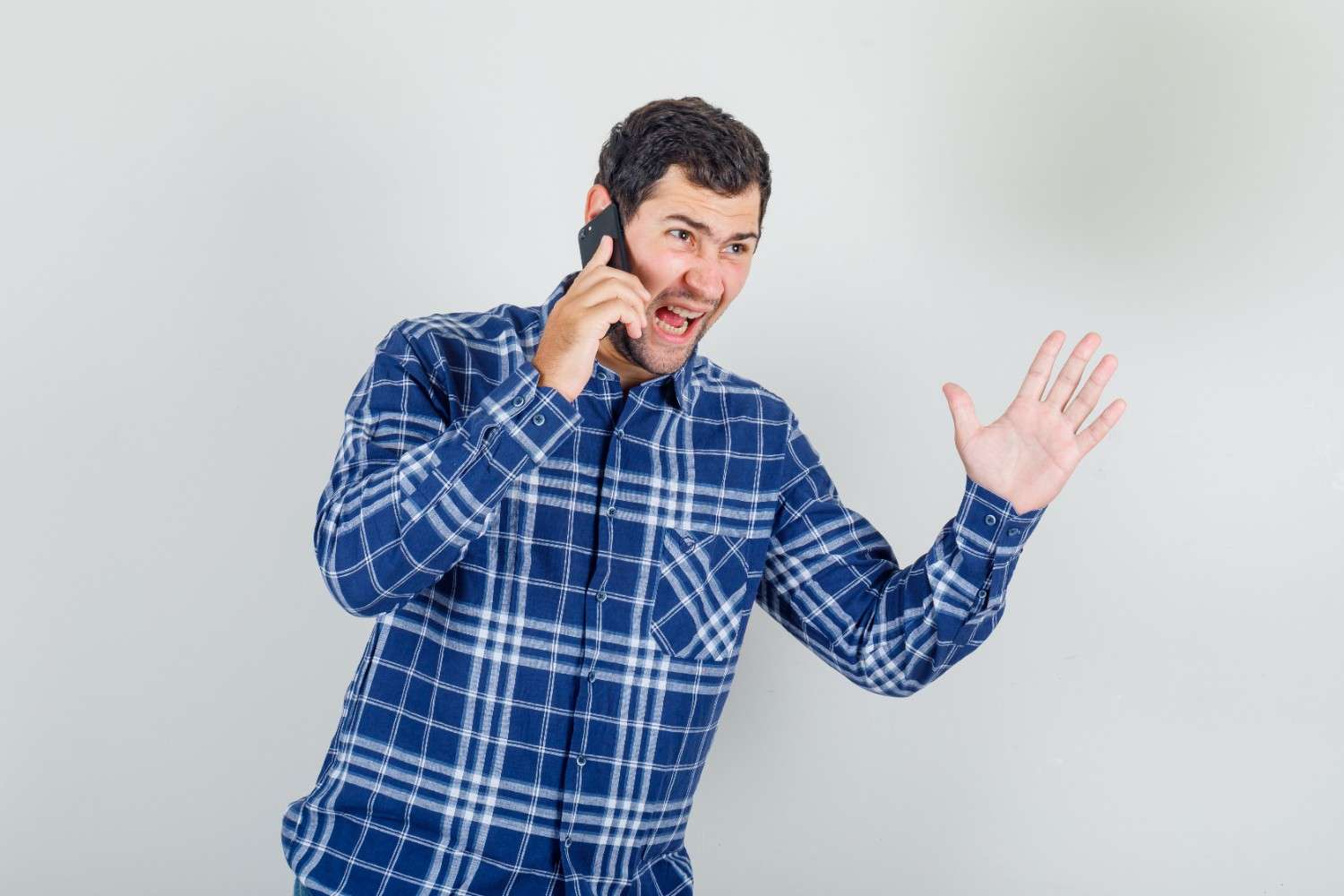
Exactly how do I report calls from 4233267442?
- FTC (Do Not Call / fraud reports): Report unwanted sales/scam calls and get guidance on blocking tools.
- FCC (illegal calls/robotexts): File a complaint—especially useful for spoofing/robocall patterns. (Note: the FCC’s online complaint portal availability can vary during funding lapses; if unavailable, use phone/mail options.)
- Tennessee resources: You can also alert the Tennessee Attorney General’s Consumer Affairs team for state-level tracking.
Frequently Asked Questions
1. Is 4233267442 from Chattanooga for sure?
Not necessarily. While 423 commonly maps to Chattanooga and nearby cities, spoofing can make any number look local. Without a trusted callback to an official, published number, you can’t confirm origin purely from the caller ID.
2. What if the caller claimed to be from a Tennessee agency or a health plan?
Treat it with caution. Government and health agencies do not ask for sensitive details (policy numbers, full SSN) on unsolicited calls. Hang up and dial the published number on the agency’s website to verify.
3. Should I answer calls from local 423 or 729 numbers at all?
If it’s not in your contacts, let it ring through and check the voicemail. Scammers count on quick pickups of “familiar” area codes. Use call-blocking/labeling to reduce repeat spam.
4. How can I reduce 423 (and other) spam calls long term?
Use your carrier’s spam-filtering, enable device-level blocking, register your number on the Do Not Call Registry, and report violators. These steps don’t stop all spam, but they improve filtering and enforcement over time.
Bottom line: should you trust 4233267442?
Treat 4233267442 as unverified. Given limited recent, reliable ownership data and widespread caller-ID spoofing in Tennessee’s 423/729 region, don’t share information, don’t return missed calls from unknown numbers, and use official channels to verify claims. When in doubt, block and report—your privacy comes first.
